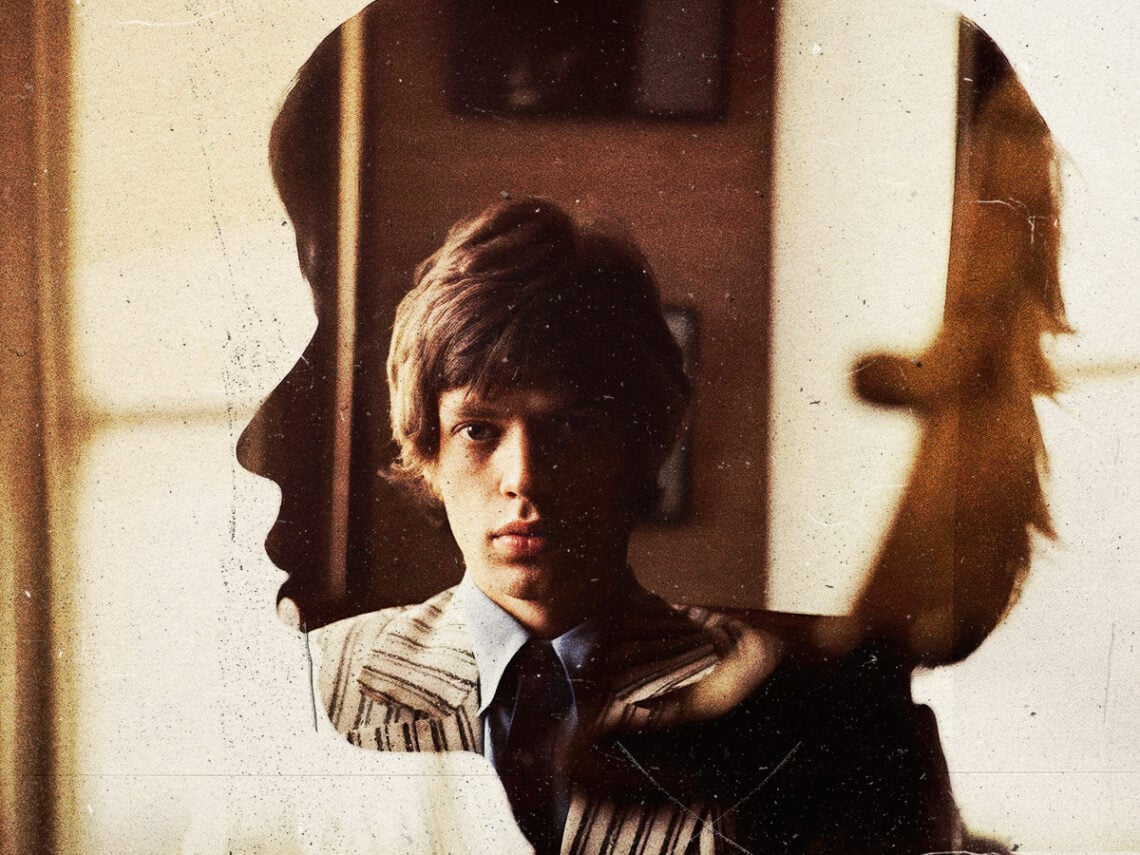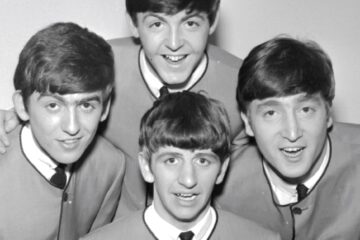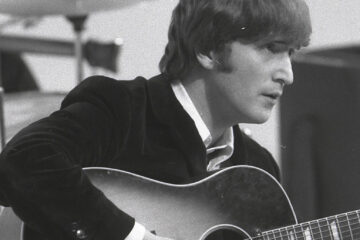More than six decades since their establishment, The Rolling Stones remain rock and roll’s most emblematic band. When the formative members of Brian Jones, Mick Jagger, Keith Richards, Charlie Watts and Bill Wyman first coalesced to bring blues to the UK charts, not even their wildest dreams could dictate the story to come.
Over the decades, the Stones have shifted, but Jagger and Richards, the central songwriting team, have remained a solid presence. In the early 1960s, Jagger and Richards first met on platform two of Dartford Railway Station. Aged 18 and 17, respectively, the pair found common ground in a mutual appreciation of American blues music by the likes of Muddy Waters, Chuck Berry, Little Richard and Howlin’ Wolf.
Serendipitously, on the day of their meeting, Jagger was carrying a stack of blues records, granting the comparatively introverted Richards a perfect conversation starter. The conversation that ensued would eventually lead towards a bond over the blues, and by the time the pair had met Brian Jones, their sole purpose in life was to bring American blues music to the British charts.
Through the late-1960s, The Rolling Stones gradually turned their backs on traditional blues music, much to Jones’ distaste. Instead, with Jagger and Richards’ blossoming lyrical command, the group began to embrace pop and honed a blues-rock sound fit to ravage the charts.
Although the Stones always just about kept blues structures at the heart of their playing, their sound undulated through several stylistic marriages and overhauls. One of the most prominent of these excursive chapters was 1978’s Some Girls, the Stones’ reaction to the contemporary punk and disco movements.
Speaking in the past, Jagger provided the key inspiration for his creative drive around the album. He said: “The inspiration for [Some Girls] was really based in New York and the ways of the town. I think that gave it an extra spur and hardness. And then, of course, there was the punk thing that had started in 1976. Punk and disco were going on at the same time, so it was quite an interesting period. New York and London, too. Paris—there was punk there. Lots of dance music. Paris and New York had all this Latin dance music, which was really quite wonderful. Much more interesting than the stuff that came afterward.”
At the time of its release, Some Girls was hailed as a success by most critics, with number one and two chart positions in the US and UK, respectively, bolstering its status. All the same, fans of the Stones’ earlier, less glossy material and a larger proportion of retrospective critics have regarded the album with less enthusiasm.
In Jagger’s eyes, Some Girls is up there with the band’s greatest releases; hence, he feels it’s underrated. “It’s one of my favourite Stones albums, I think, because it’s so listenable as an album, and it gets to the heart of the matter straight away, and there’s no mucking about, and it’s succinct,” the frontman once told Yahoo Entertainment.
“It doesn’t sprawl; it’s to the point, it’s got a lot of style, and it’s got this energy,” he added. “I think it’s all around a really good album. I think it’s underrated. I don’t know where it comes in the ratings, to be honest. In my ratings, it comes very high — just don’t ask me what number.”
In the same interview, Jagger addressed the divisive nature of the album, stating: “Now it’s ridiculous to even think about. It’s a bit like Bob Dylan going electric, isn’t it? It’s ridiculous to even think that people made a fuss about it. Now you look back and think, ‘How stupid was that?’ There were a lot of people that were very narrow-minded about it. To me, I wasn’t brought up on rock music so much as blues and soul music, and a lot of that music was dance music. It was specifically made to dance to.”
“You know, I like dancing, so as far as I’m concerned, all sorts of fast songs for me were all made to dance to,” Jagger continued. “So, obviously, I’d be very interested in making dance music. And that particular groove was the groove of the moment. You don’t really play the grooves of yesteryear when you make records; you play the grooves of now. And that sort of beat was the thing that was going around at the time. For some people, it was a very big hit, but not everyone liked it.”
Listen to ‘Miss You’, the lead single from Some Girls, below.



